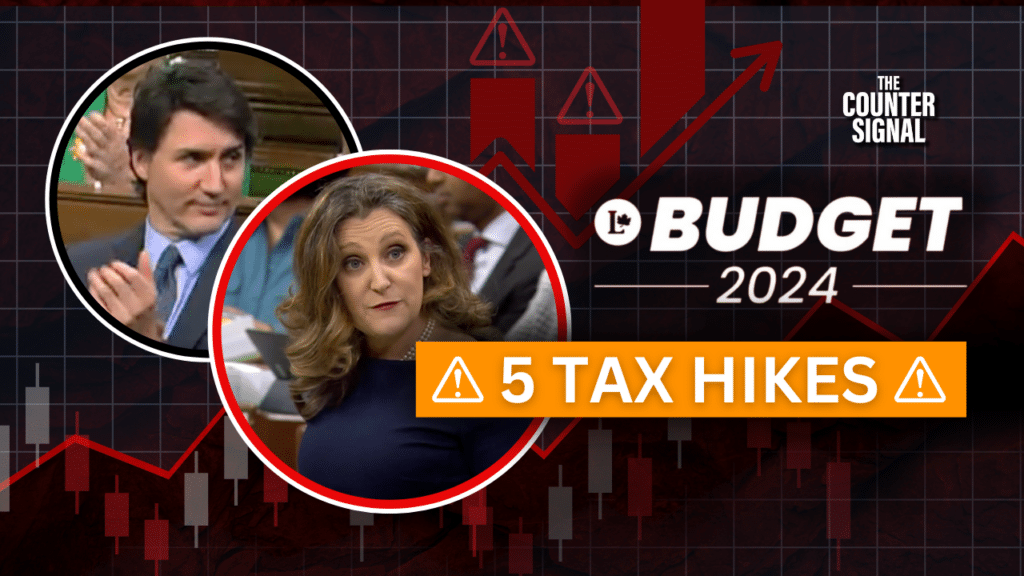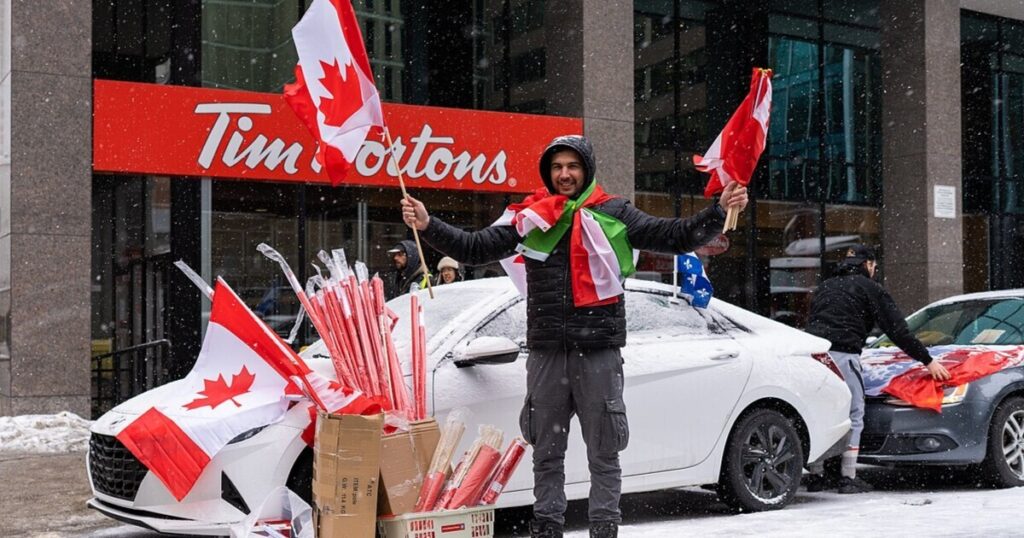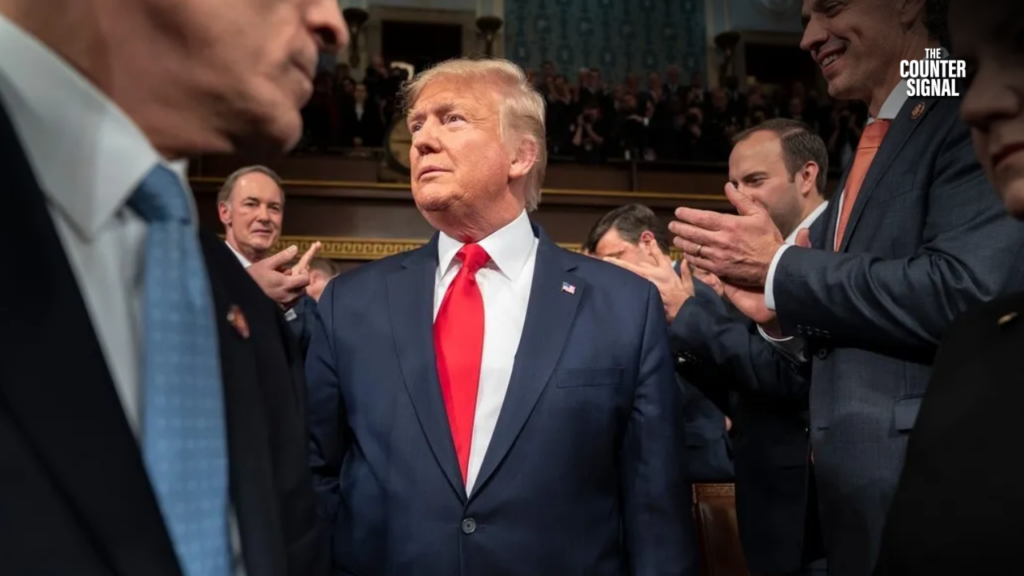Budget 2024 has just been released. The Counter Signal has analyzed the entire 430 page document and found 5 alarming new tax hikes that all Canadians need to hear about.

FACT tax
The Trudeau government has announced its intention to bring in a Fuel, Alcohol, Cannabis, Tobacco, and Vaping (FACT) sales tax framework, specifically targeting Indigenous people as a “significant part of reconciliation”.
As part of the new tax, the federal government is negotiating First Nations Goods and Services Tax agreements with those Indigenous governments who are interested in implementing the tax and trying to facilitate similar arrangements between interested Indigenous governments and provincial and territorial governments.
According to the budget, this is being done “to enable Indigenous communities to meaningfully benefit from resource development.”
The government has yet to specify the exact cost of the tax.
At the opening of the 2024 Budget announcement, Chrystia Freeland said Liberals "are making life cost less."
— The Counter Signal (@TheCounterSgnl) April 16, 2024
Do you agree? Does life cost less now? pic.twitter.com/FQ8GYKqAGU
The WEF tax
The Trudeau government—including World Economic Forum (WEF) member Chrystia Freeland—has also announced their decision to participate in a “Global Minimum Tax” on multinational corporations as part of a plan penned by the WEF.
Not satisfied with controlling people’s bodies and free movement, the WEF has convinced over 140 countries to work on a multilateral international treaty to impose taxes on multinational corporations, ensuring they pay 15% in taxes regardless of which country they do business.
As per Budget 2024, “The federal government is moving ahead with legislation to implement the regime in Canada, following consultations last summer on draft legislative proposals for the new Global Minimum Tax Act. The government intends to soon introduce this legislation in Parliament.”
While on its surface, a global tax on multinationals doesn’t sound bad, this move is indicative of a major push by the WEF towards globalization and the potential establishment of a global tax body infringing upon the sovereignty of nations and people.
We're all screwed.
— Andy Lee – Special Rebel Rapporteur (@RealAndyLeeShow) April 16, 2024
"The aggregate principal amount of money to be borrowed by the government in 2024-25 is projected to be $508 billion, 83 per cent of which will be used to refinance maturing debt."#Budget2024 pic.twitter.com/ZpFW0zoJBH
Capital gains tax increase on the “rich”
Not satisfied with just going after poor Canadians, the Trudeau Liberals have also announced additional tax hikes on the capital gains (i.e., profits from sales) of the dwindling number of wealthier Canadians who’ve yet to flee the country with all their cash.
According to the budget, the inclusion rate on all capital gains above $250,000 will now rise from 50% to 66%, while the inclusion rate below that number will remain at 50%.
While the government has put in place certain exemptions to take some of this burden off individuals with capital gains below $2.25 million, they have also, in no uncertain terms, expressed that they intend to make life harder for those with capital gains above that number. In other words, if you own a successful small business that’s likely employing tens or even hundreds of Canadians, the government wants you to pay out even more.
Capital gains tax increase on corporations
Likely at the behest of the socialist NDP, the Trudeau Liberals are also targeting larger companies, the other major job providers, ensuring they’re even more likely to pick up shop and leave.
Again, the government has stated that this will only affect a minority of corporations—just 307,000 of them—but the ripple effects of this increase in cost could be dire both in the form of corporations leaving Canada and there being less jobs and in corporations increasing the costs of the goods they sell.
FREELAND: "We continue to stick to a responsible fiscal plan." pic.twitter.com/bkUy3rB6mf
— The Counter Signal (@TheCounterSgnl) April 16, 2024
Vacant land tax
The budget also proposes a “new tax on residentially zoned vacant land.”
Framed as an incentive to get more houses built due to the housing affordability crisis, the Liberals claim that “some landowners in Canada may be sitting on developable land, hoping to profit from rising land values when the land could instead be used for immediate residential development.”
“Vacant land needs to be used, and it is best used to build homes,” the budget reads.
The Counter Signal inquired with the Finance Department regarding the specific definition of “vacant land” but did not hear back before publication.







